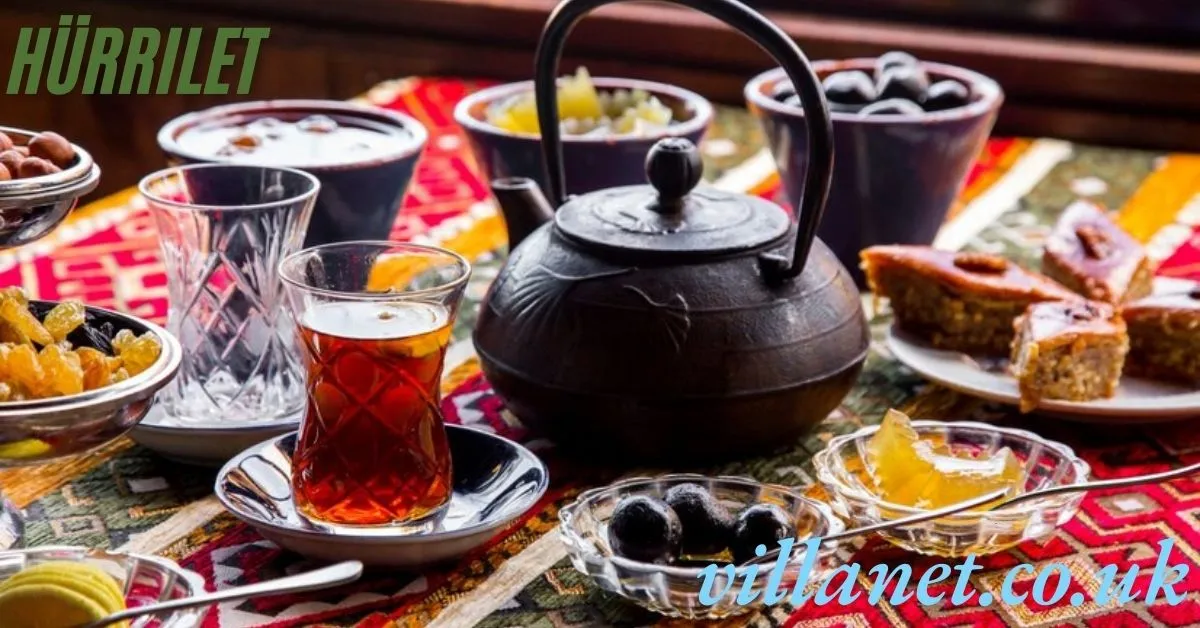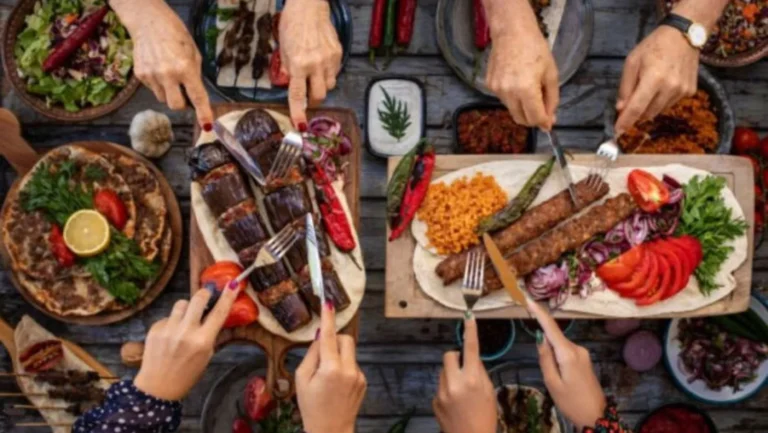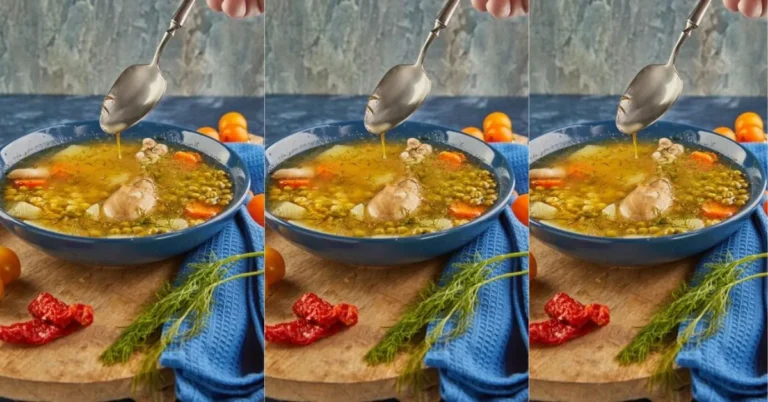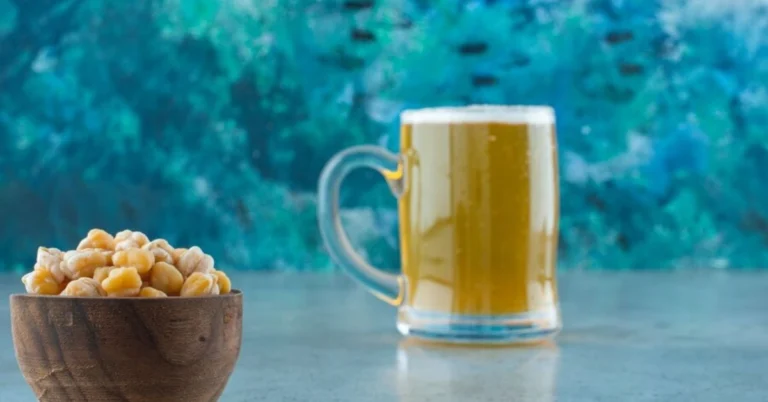“Exploring Hürrilet: Unveiling the Modern Evolution and Cultural Significance of Turkish Tea in the Heart of Turkey’s Tradition.”
Tea is an integral part of Turkish culture, offering a glimpse into the heart of Turkish life and hospitality. The word “Hürrilet” is an emerging term that reflects the evolving nature of tea culture in Turkey. It embodies the spirit of freedom and choice in the way people enjoy this beloved beverage. In this article, we will delve into the concept of Hürrilet, explore its potential significance, and understand how it fits into the broader landscape of Turkish tea traditions.
Let’s take a journey through the rich tapestry of Turkish tea culture, examining its historical roots, contemporary twists, and the emerging role of Hürrilet in shaping the future of tea drinking in Turkey.
The Significance of Tea in Turkey: A Cultural Cornerstone
Tea, known as çay in Turkish, is more than just a drink—it’s a symbol of hospitality, warmth, and social connection. Over the years, tea has woven itself into the very fabric of Turkish life. Although coffee historically dominated the Turkish beverage scene, tea emerged as a more affordable and accessible option during the early 20th century, particularly after World War I when coffee imports became scarce.
Today, it’s nearly impossible to imagine a Turkish home or gathering without a glass of tea. In fact, tea has become so deeply ingrained in Turkish society that it is served at nearly every social occasion, from intimate family dinners to bustling business meetings. The humble tea glass, often in the shape of a tulip, has become an iconic symbol of Turkish hospitality.
Historical Roots of Turkish Tea Culture
Turkey’s tea culture is relatively young compared to other global tea traditions. Tea was first introduced to Turkey in the 19th century, but it wasn’t until the early 20th century that it became a widespread staple. Tea was promoted for its affordability and ease of cultivation, especially after the decline of coffee imports. The Çaydanlık, a traditional two-tiered teapot, was introduced to perfect the brewing process, and its unique design soon became synonymous with Turkish tea culture.
The rise of tea in Turkey also coincided with significant changes in the country’s social and economic landscape. During the early 1900s, Turkish tea began to represent not just a drink, but a symbol of national pride and resilience, as it became an essential part of daily life in the midst of economic challenges.
What is Hürrilet? A New Concept in Tea Culture
While Hürrilet may not be a widely known term, it has recently gained attention in discussions surrounding Turkish tea culture. The word “Hürrilet” is derived from the Turkish word “hür”, which means free. Thus, Hürrilet could symbolize the freedom and personal choice that comes with modern tea drinking. But how exactly does Hürrilet relate to tea?
Some believe that Hürrilet refers to a new, more relaxed, and personalized way of enjoying tea—where there are no rigid rules or expectations regarding tea preparation or consumption. It could represent a movement that celebrates the individual’s autonomy in deciding how to brew, serve, and enjoy tea. This sense of freedom aligns with modern preferences and the evolving tea culture in Turkey.
Freedom in Tea Preparation
Traditionally, Turkish tea is brewed strong, and the amount of water added to the tea varies depending on personal preference. However, Hürrilet might encourage a more flexible approach to brewing—where individuals are free to experiment with different tea blends, adjust the strength, or even try non-traditional varieties.
This personalized experience could be seen as an extension of the spirit of Hürrilet, where the process of making and drinking tea becomes a reflection of one’s personality and preferences.
Hürrilet as a Symbol of Choice and Relaxation
In this context, Hürrilet might symbolize the relaxation that comes with enjoying tea without the constraints of formality. While Turkish tea culture is traditionally structured, with strict etiquette and rules around serving, the new wave of tea culture in Turkey is embracing a more laid-back, informal approach. Whether it’s choosing a specific tea blend or adjusting the strength of the brew, Hürrilet is about enjoying tea on your own terms.
The Role of Tea in Turkish Society: A Ritual and Connection
Tea in Turkey is more than a drink; it’s a ritual that plays a key role in social interactions. From family gatherings to business meetings, tea serves as a symbol of hospitality and community. Çay, the Turkish word for tea, is a drink that transcends generations and geographical boundaries within Turkey.
Whether you are in the hustle and bustle of Istanbul or a small village in the Anatolian region, offering a cup of tea is a universal gesture of goodwill. Tea symbolizes connection—it’s the beverage served to guests as a sign of respect and hospitality. The act of serving tea is a time-honored tradition that brings people together, sparking conversation and fostering camaraderie.
The Ritual of Tea Serving
One of the most important aspects of Turkish tea culture is the etiquette surrounding its preparation and consumption. Traditional Turkish tea is typically served in small, tulip-shaped glasses, accompanied by sugar cubes, a spoon, and often, a conversation starter. The tea must be piping hot, and it is traditionally offered to guests upon arrival as a sign of warmth and hospitality.
The role of tea in social gatherings is significant, with tea served during all kinds of events, from weddings and family meals to casual afternoon visits. This ritualistic act reinforces the importance of tea as a vehicle for connection and belonging.
Hürrilet and the Modern Evolution of Turkish Tea Culture
As Turkish society modernizes, so too does its tea culture. Modern tea houses, known as çay evleri, have begun to pop up across the country, offering new varieties of tea and innovative tea blends. These tea houses blend the traditional art of tea making with contemporary influences, creating spaces where tea lovers can explore new flavors and experiences.
Hürrilet, in this context, may represent a modern twist on the old tradition—an evolving approach where tea is no longer bound by strict conventions but can be enjoyed in any way that feels right to the drinker. The emergence of these modern tea houses aligns with the spirit of Hürrilet, as they offer a more flexible, relaxed environment for tea drinkers to experience tea as a personal indulgence.
Young Turks and the Changing Tea Landscape
As the younger generation of Turks embraces new methods of tea consumption, Hürrilet could reflect the shift in tea-drinking attitudes. Younger Turks are pushing the boundaries of traditional tea culture by experimenting with new flavors, blends, and tea experiences. Whether it’s adding herbal infusions or serving tea cold on a hot summer day, Hürrilet may represent the modern Turkish approach to tea, where creativity and freedom are celebrated.
These younger generations are also more likely to integrate tea into their daily routines in innovative ways. Tea may be consumed in new settings—such as at work, while reading, or even during social media breaks—further solidifying its place as a beverage that adapts to the rhythms of contemporary life.
Hürrilet and the Future of Tea in Turkey
Looking ahead, the future of Hürrilet in Turkish tea culture seems bright. As Turkey continues to evolve, so too will its tea culture, embracing both tradition and modernity. Hürrilet is likely to become an increasingly significant part of this evolution, representing the blend of personal freedom, relaxation, and choice that young people in Turkey seek.
Sustainability and Ethical Sourcing in Tea Production
In recent years, there has been a growing awareness of the importance of sustainable and ethical tea production. Many Turkish tea producers are adopting more eco-friendly practices, ensuring that tea cultivation supports local farmers and reduces environmental impact. This shift aligns with modern values of freedom and choice, offering consumers the freedom to choose ethically sourced tea—a possible connection to the concept of Hürrilet.
As people become more conscious of where their food and beverages come from, ethical sourcing will continue to play a key role in the future of Turkish tea culture. By supporting ethical practices, tea drinkers are further asserting their freedom of choice and aligning their preferences with values of sustainability and responsibility.
Conclusion
Hürrilet, whether it symbolizes freedom, choice, or a relaxed approach to tea drinking, is a powerful concept that embodies the evolving nature of Turkish tea culture. From its historical roots in Çaydanlık brewing to the rise of modern tea houses and new tea blends, Turkish tea is undergoing an exciting transformation.
As Turkish society continues to embrace both its rich traditions and modern influences, Hürrilet will likely play an increasingly prominent role in shaping the way people enjoy tea. Whether you are sipping a traditional glass of tea or exploring new blends in a modern tea house, Hürrilet reminds us that tea drinking, like all aspects of life, is a personal journey—one that should be enjoyed on your own terms.
So the next time you brew a cup of Turkish tea, remember the spirit of Hürrilet: freedom, choice, and the simple joy of enjoying tea in a way that feels right for you.






